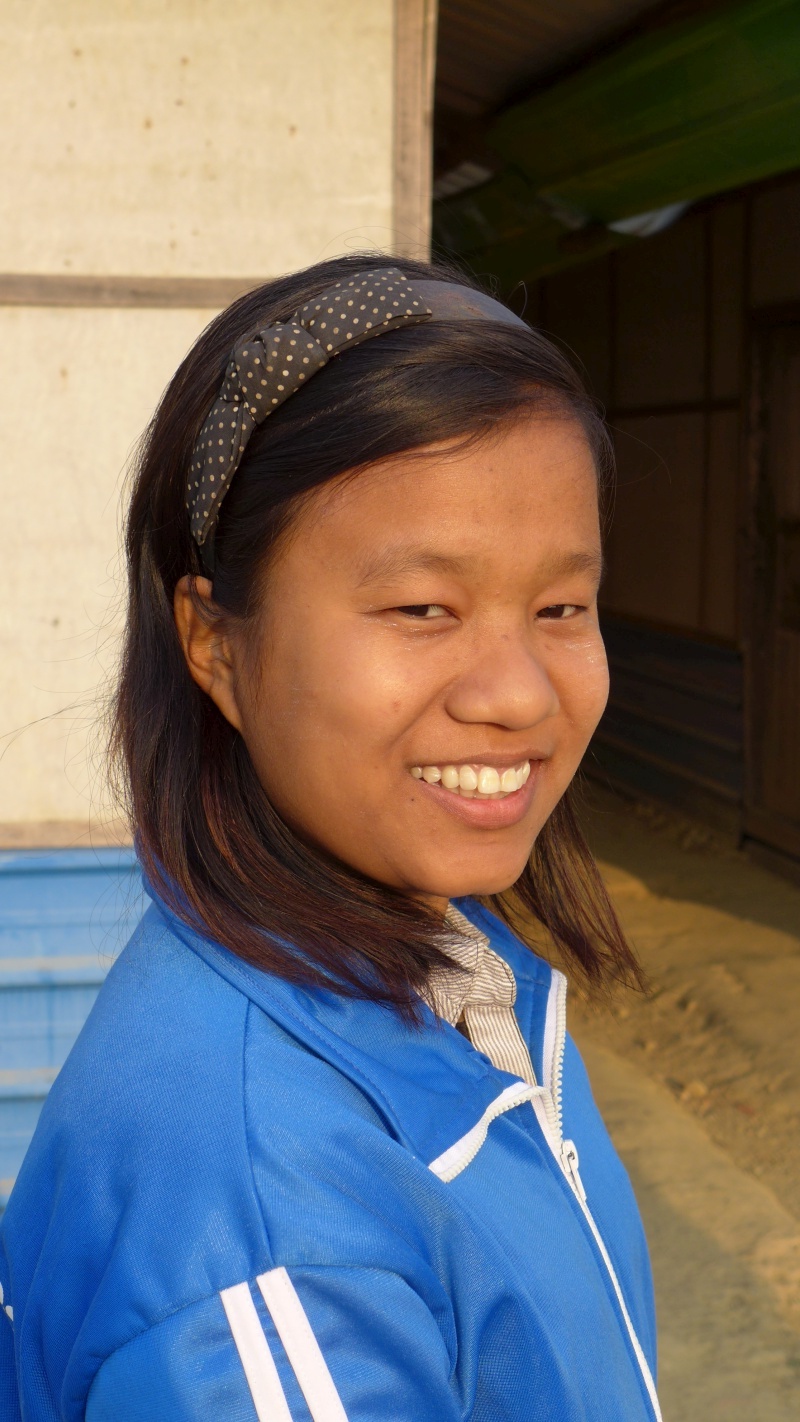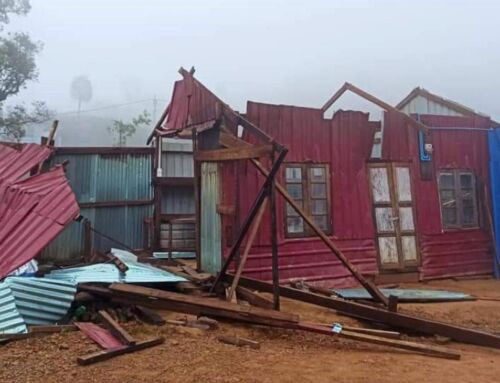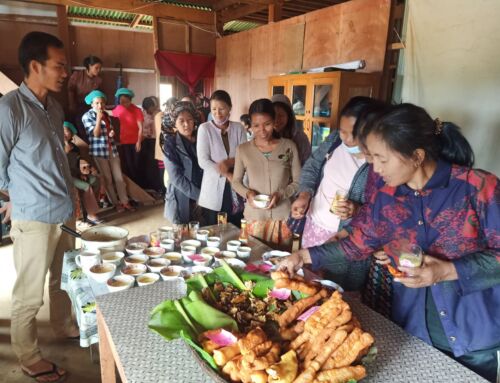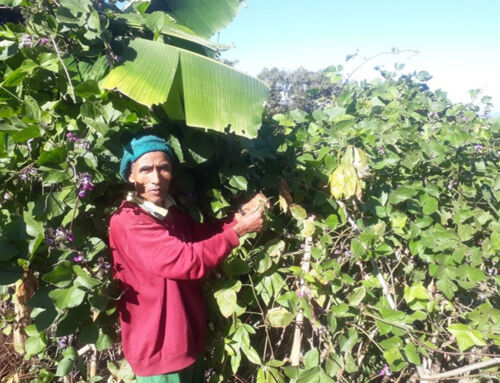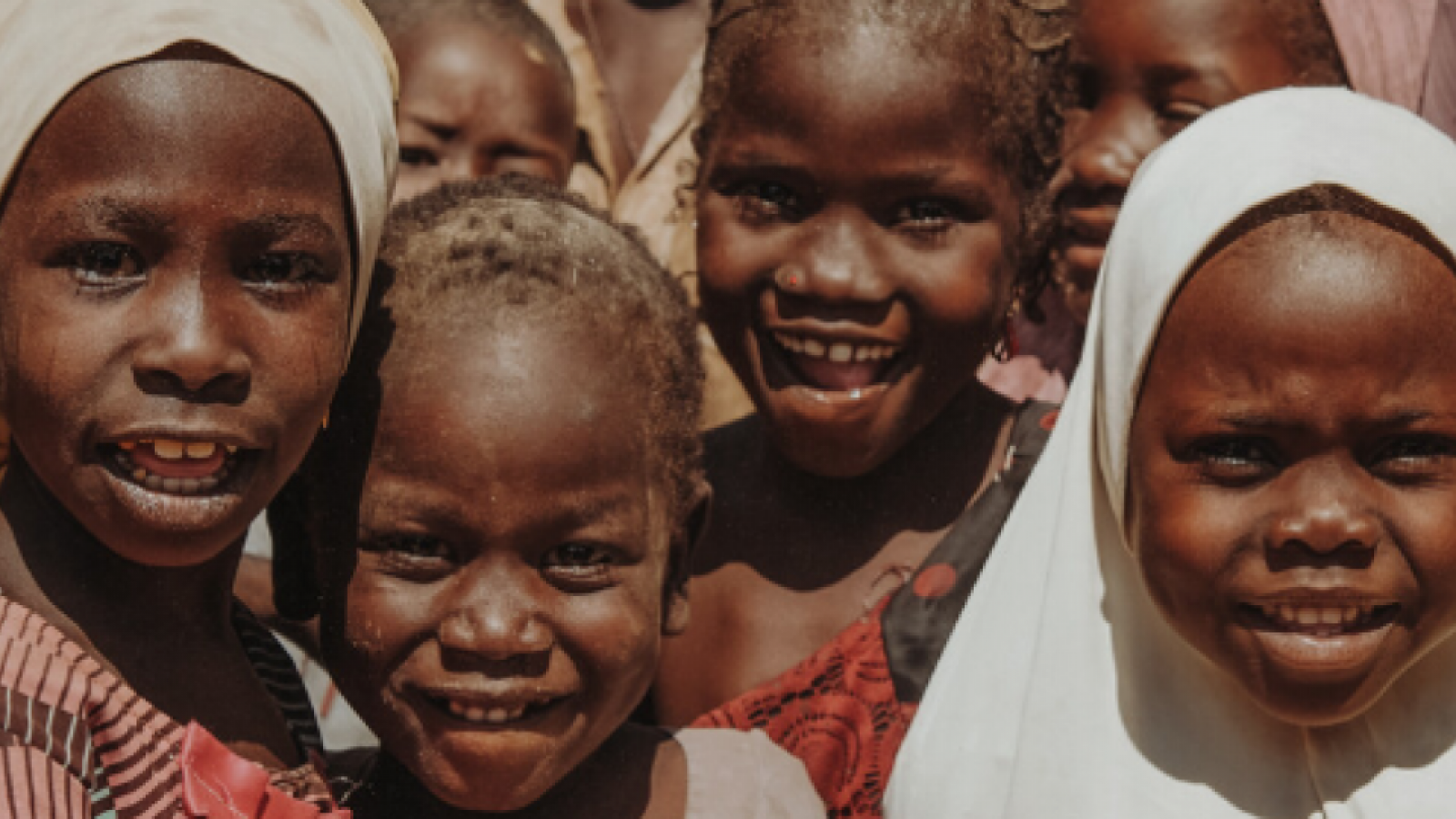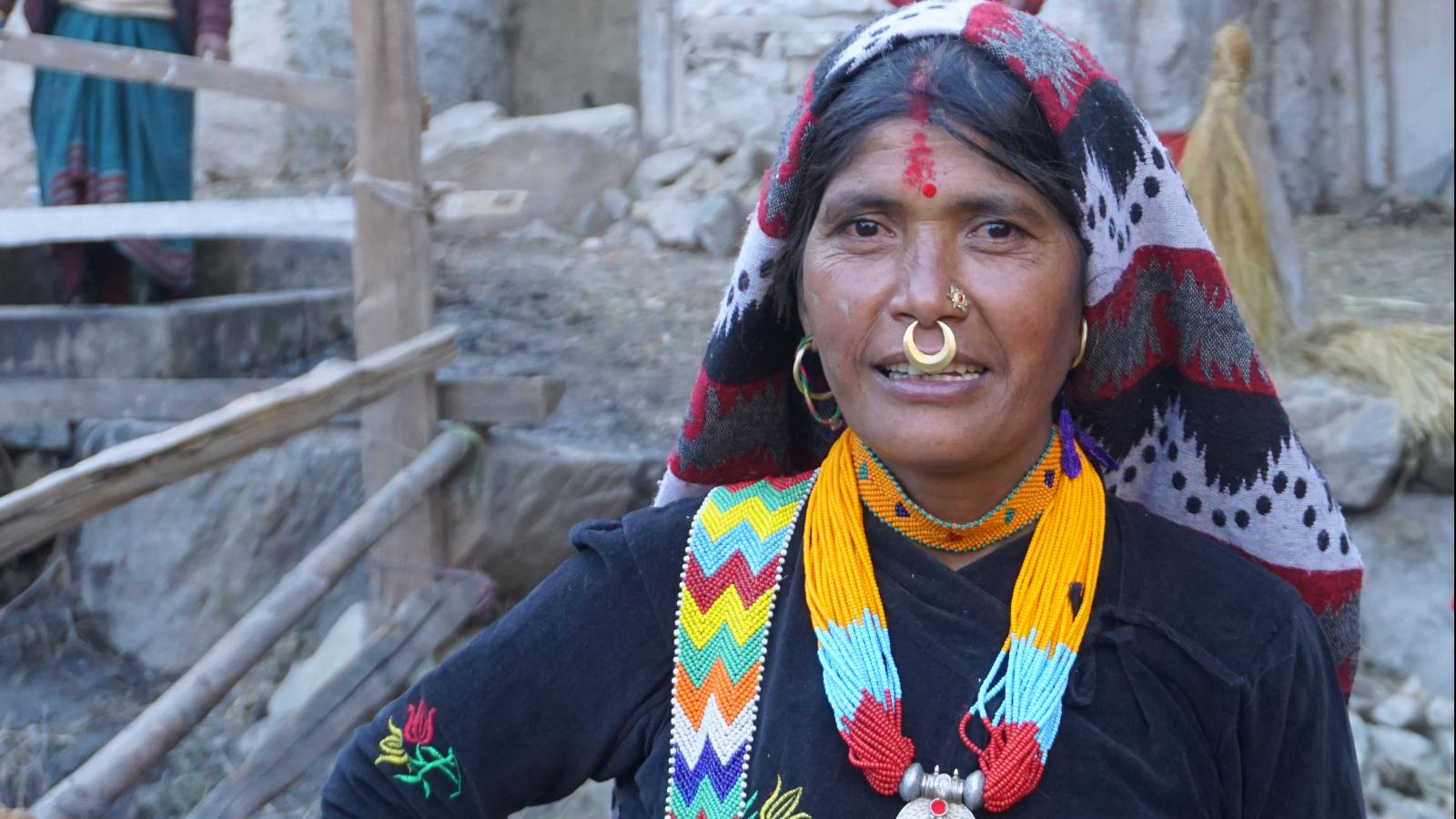Thadak Hlaing’s dream is to pass her exam and do charity work for the benefit of her people. At the COME school she gets help with the difficult exams. By Alex Ramos-Peña, HQ Programme Manager and Line Højland, Communications Officer – June 2018
Thadak Hlaing comes from a small village in western Myanmar. The 18-year-old woman belongs to the Mara people who lead an isolated existence in forest-covered mountains. Like most families in the area, Thadak’s parents face a daily struggle to feed their eight children. Their small farm cannot provide the family with food all year long.
Despite the harsh conditions – or perhaps because of them – it is extremely important for Thadak’s parents to provide their children with an education. Thadak herself has taken the state entrance exam for higher education three times – but she has failed every time. The exam is not in the Mara people’s own language but in English and Burmese.
Left to themselves
The Mara people are a Christian minority living an isolated and extremely poor existence in Chin State in Western Myanmar. The region suffers from chronic food shortages, and Myanmar’s leaders have turned their back at the Mara people because they are not Buddhists. They are left to themselves and have to cope with what little they can grow in the short agricultural season. This is often not enough to feed the families.
Not only do the children starve, but many are taken out of the village school to help the family in their daily struggle to survive. Without an education the children are as poorly equipped as their parents to cope with the challenges of the future. Without aid, their future children will starve too.
Help to study
To break this vicious circle, Mission East has supported Center Of Maraland Education (COME) for several years, so that children and youth like Thadak can get the education they need to break the cycle of poverty. Since 2017, the COME school in the Mara village of Lailenpi has offered guidance on passing the state exam, and Thadak has happily accepted that offer.
“Here, the tuition is easier to understand because it is in our language. We are also closer to the Mara leaders in Lailenpi, and we get to know them better. I feel more confident being surrounded by people like myself,” she says.
If Thadak graduates, she wants to do charity work: “I think it’s important and I can learn a lot from observing people involved in such work,” she says.

